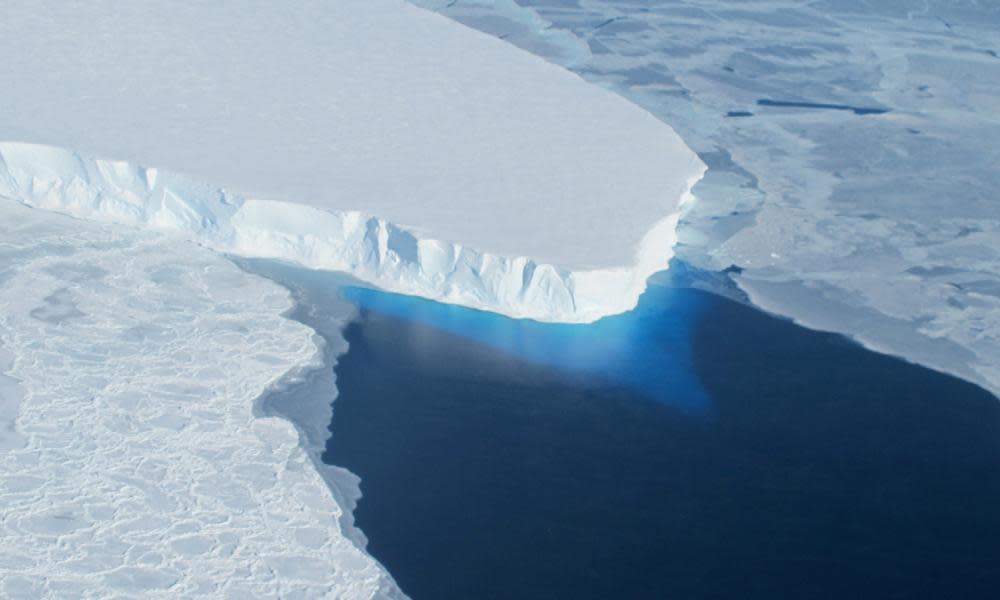From God to glaciers: ‘doom’ was not always about gloom

In alarming climate news, scientists recently reported that the Thwaites glacier, nicknamed the “doomsday glacier”, in the Antarctic might be melting more quickly than previously thought. Who knew we had such a convenient signal for when the end of the world was nigh? But why is a very bad thing called “doomsday”?
The old Germanic-derived word “doom” does not mean catastrophe but simply “law” or “judgment”. That’s also where we get the “-dom” suffix in words such as “kingdom”, “freedom”, or “wisdom”. One character much noted in literature for issuing laws and judgments is God, and so “doomsday” is the anticipated day on which a divine Last Judgment shall be handed down. William the Conqueror’s 1086 survey of his newly acquired lands became known familiarly as “The Domesday Book” because it was similarly regarded as the final authority on the taxable value of estates.
In modern times, “doom” mainly indicates disaster, such as doom metal, doom and gloom, and “doom-monger boffins”, who, according to one tabloid, thought communal Christmas feasting during a pandemic might be a bad idea. One can still use it in a literary register, though, to mean “judgment” or “fate”, as in the eventual doom of Boris Johnson.
• Steven Poole’s A Word for Every Day of the Year is published by Quercus.

 Yahoo Movies
Yahoo Movies 
